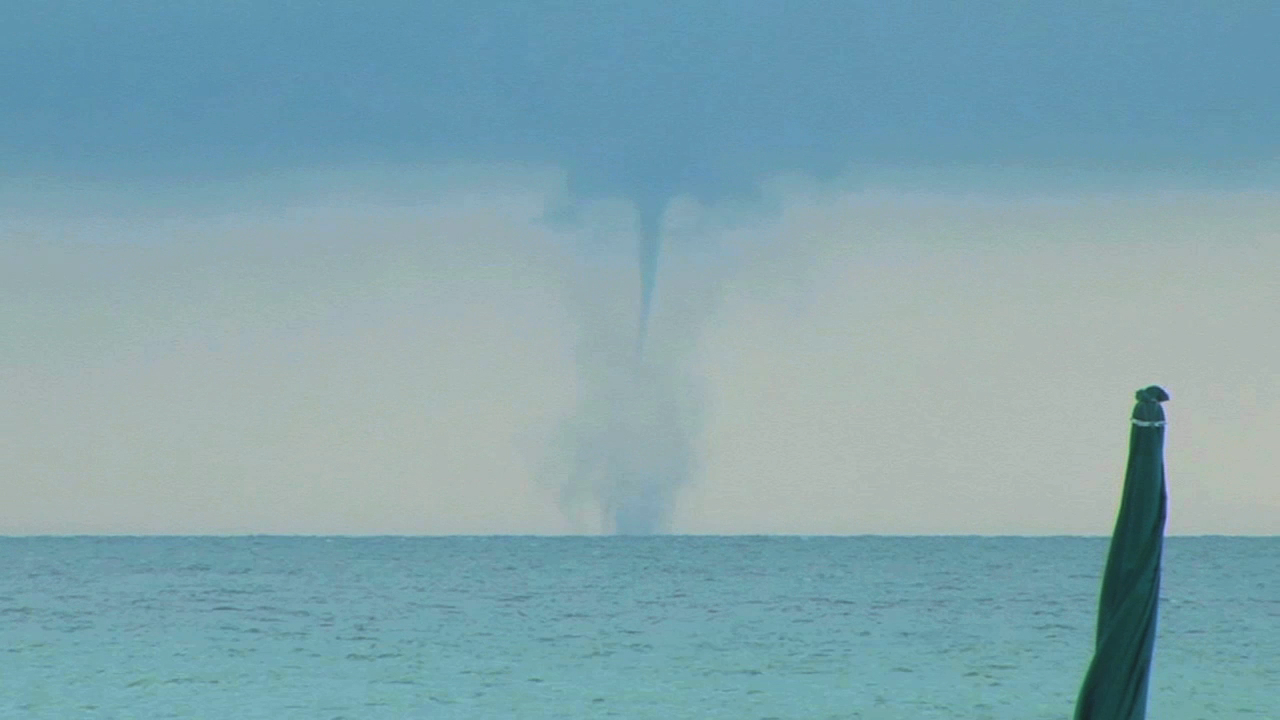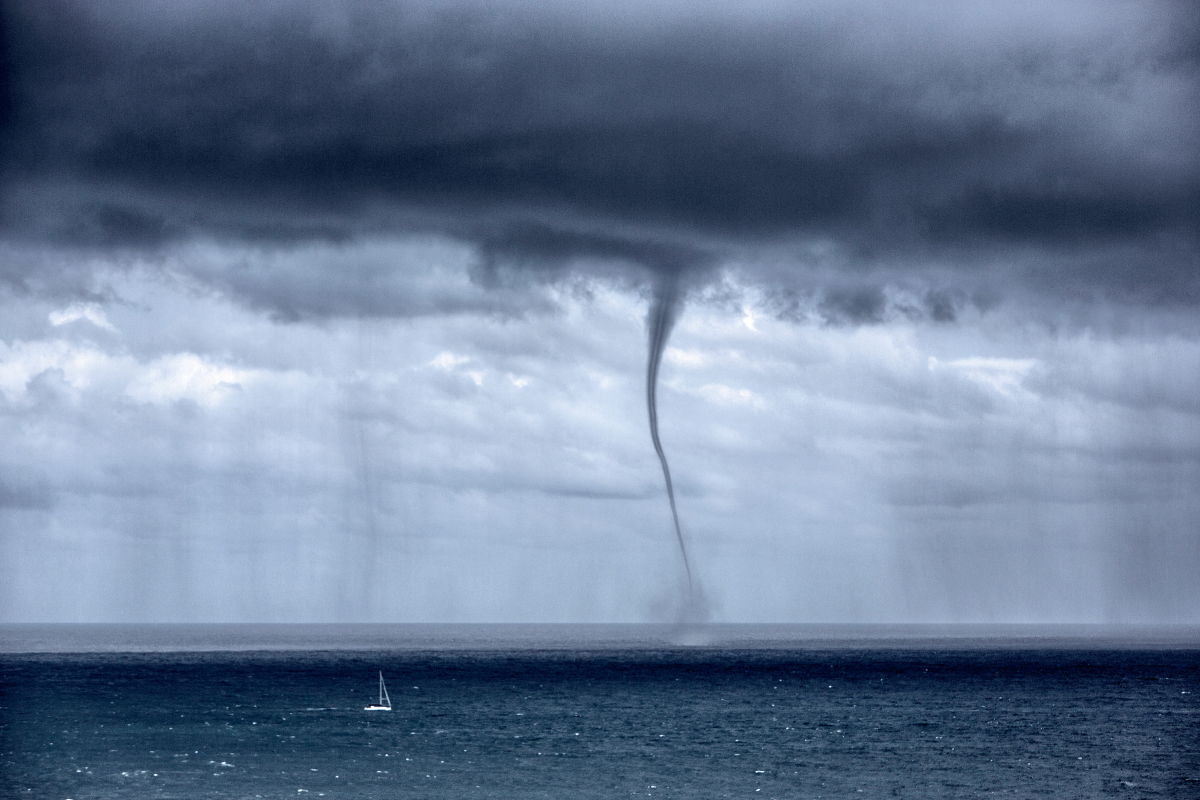Manga de Agua! Yo, what’s up with this crazy Spanish phrase? It’s like, way more than just “water sleeve”—it’s a total vibe. We’re diving deep into the literal and figurative meanings, exploring its symbolism, and even checking out some artistic interpretations. Think surrealist paintings, killer poems, and maybe even a sick beat drop inspired by the whole thing.
Get ready to unlock the secrets of this awesome expression.
From its roots in everyday Spanish to its potential for deeper metaphorical readings, “manga de agua” offers a fascinating glimpse into language and culture. We’ll trace its history, analyze its cultural connotations across different Spanish-speaking regions, and compare it to similar idioms in other languages. This ain’t your grandma’s Spanish lesson; this is a full-on cultural exploration.
Manga de Agua: A Deep Dive
Yo, what’s up, amigos? Let’s break down this “manga de agua” thing. It’s a Spanish phrase that’s way more than just a literal translation. We’re gonna explore its meaning, symbolism, artistic interpretations, cultural significance, and how it pops up in everyday life. Get ready to level up your Spanish game!
Literal Meaning and Context of “Manga de Agua”
Straight up, “manga” means sleeve, and “de agua” means of water. So, literally, it’s “sleeve of water.” But that’s just the tip of the iceberg. In everyday Spanish, it’s used to describe something insignificant or worthless, like a weak person or a futile effort. Think of it like saying something’s “a drop in the bucket” in English. In literature, it might symbolize fleeting moments or ephemeral emotions.
Regional variations might slightly alter the connotation, but the core meaning remains consistent across most Spanish-speaking regions. The phrase’s historical evolution isn’t explicitly documented, but its usage likely stems from the imagery of water quickly disappearing from a sleeve—a quick and insignificant event.
You also can understand valuable knowledge by exploring berserk manga art.
Figurative Meanings and Symbolism
Now, let’s get into the deeper meaning. “Manga de agua” can symbolize weakness, insignificance, or something fleeting. Water often represents change, emotions, and the unpredictable. Sleeves, on the other hand, can symbolize protection, concealment, or even vulnerability. Together, the imagery evokes a sense of something easily washed away, something lacking substance.
This contrasts with idioms in other languages like the English “a storm in a teacup,” which emphasizes the disproportionate reaction to a small event. The phrase represents themes of ephemerality and the insignificance of certain actions or individuals within a larger context.
Artistic Representations, Manga de agua
Visualizing “manga de agua” is all about capturing its duality: the literal and the figurative. One representation could be a painting of a hand with a water-filled sleeve, the water slowly dripping out, symbolizing something fleeting. The colors would be muted blues and greens, reflecting the ephemeral nature of water. A short story could depict a character described as a “manga de agua,” highlighting their lack of influence on the main plotline.
The imagery would focus on their weak presence, easily swayed by the actions of others. A series of sketches could illustrate different interpretations: a literal depiction of a sleeve filled with water, a metaphorical representation of a person being washed away by events, and an abstract depiction of the essence of the phrase. In realism, it would be a precise depiction of the literal image.
Surrealism could show a giant sleeve overflowing with water, dwarfing human figures, symbolizing the overwhelming power of insignificant events.
Cultural and Linguistic Analysis
While the core meaning of “manga de agua” remains consistent across Spanish-speaking regions, the cultural nuances might vary. In some regions, it might carry a stronger connotation of ridicule, while in others, it’s used more lightly. Linguistically, the simplicity of the phrase contributes to its effectiveness. Its brevity and direct imagery make it easily understood and memorable. The phrase’s relevance to specific historical events or movements is less direct; its usage is more embedded in everyday language and cultural perceptions of water and sleeves.
| Spanish | French | Italian | Portuguese |
|---|---|---|---|
| Manga de agua | Une goutte d’eau dans l’océan | Una goccia nel mare | Uma gota no oceano |
Practical Applications and Examples

Let’s see how “manga de agua” works in different scenarios. In a novel, a character might be dismissed as a “manga de agua,” emphasizing their lack of influence on the plot. In a song, the phrase could describe a fleeting romance or a forgotten dream. In a conversation, someone might call a weak argument a “manga de agua,” suggesting it’s not worth considering.
- A character’s weak attempt to solve a problem.
- A politician’s empty promises.
- A fleeting romantic encounter.
- A minor inconvenience in a larger scheme of things.
So, there you have it—manga de agua, decoded! From its simple translation to its rich symbolic depth, this phrase has proven to be way more than just words. We’ve journeyed through its literal and figurative meanings, explored its artistic representations, and delved into its cultural significance. It’s a reminder that language is awesome, and sometimes the coolest stuff is hidden in plain sight.
Now go forth and drop some “manga de agua” knowledge on your friends!


